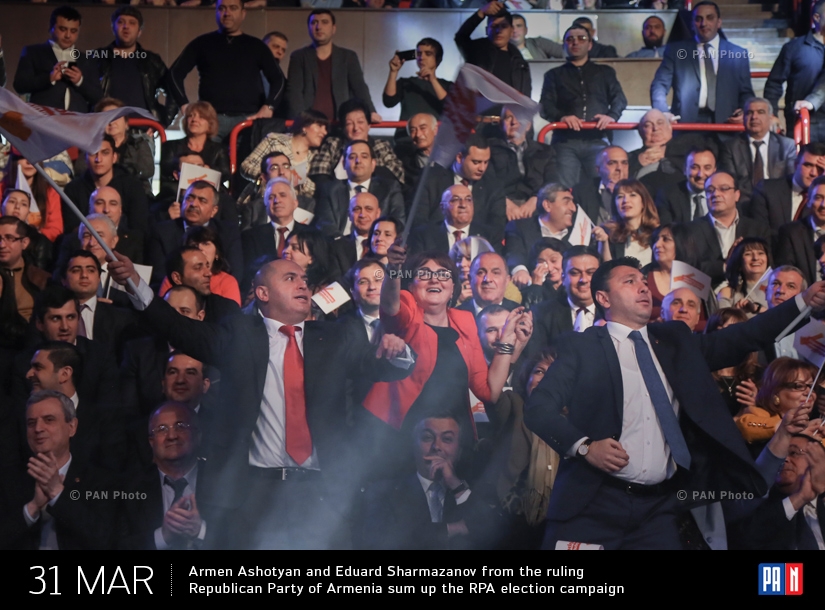Judul : Pembebasan: Perbuatan heroik RPA yang meletakkan dasar bagi Rwanda baru
link : Pembebasan: Perbuatan heroik RPA yang meletakkan dasar bagi Rwanda baru
Pembebasan: Perbuatan heroik RPA yang meletakkan dasar bagi Rwanda baru

The actions of the Rwandan Patriotic Army (RPA) during and after the liberation war defy easy description. Exceptional? Remarkable? Outstanding? All these words come close but there was one act that only the word heroic truly captures. As Rwanda marks the 31st Liberation Day, we pause to honour the brave men and women of the RPA, those who crossed the border at Kagitumba and launched the liberation struggle. But beyond their battlefield triumphs, one act after the war stands out as pivotal—an act without which today’s Rwanda would not exist as we know it. I can picture Major General Fred Gisa Rwigema standing before a small group of RPA fighters—some say 50, others 500—telling them: “Some of us will not see tomorrow. Some of us will not live to see our friends walking freely and happily through the streets of Kigali. But we must sacrifice ourselves so that others can live in peace.” As he foretold, he did not live to see tomorrow. In the aftermath of his death, the Rwandan Patriotic Front (RPF) and the RPA faced confusion and despair. According to General James Kabarebe, commanders like Majors Chris Bunyenyezi and Peter Bayingana tried to take charge of an army that was disorganised and demoralised. “I once heard the late Bunyenyezi express despair over the situation, saying, ‘We can only be lucky if Paul Kagame comes as soon as possible to help us,’” Kabarebe recalled. And soon, Major General Paul Kagame did arrive—from Fort Leavenworth, Kansas. To the shattered ranks of the RPA, he said: “Gisa is gone, but we are here. We have two choices: to run away or to keep fighting for the truth, whatever the cost. Nothing in between.” Few chose to run. Most stayed. They chose to fight for the truth—whatever the cost. General Mubarak Muganga would later recall that Kagame taught them to fight with dedication, determination, and perseverance. General Kabarebe noted that Kagame’s return, just two weeks after Rwigema’s death achieved two things simultaneously: it reorganised and redefined the army’s vision and strategy, while also launching relentless operations against the enemy. “That’s how we recaptured Gatuna, Kagitumba, and carried out successive operations,” he said in an interview with The New Times. “He didn’t stop one to begin the other. Both were done simultaneously. We gave the enemy no breathing space.” It must be remembered that without the RPA, the Genocide against the Tutsi would have continued until no Tutsi remained—rich or poor, young or old, men, women, even unborn children. By the time the RPA stopped the genocide, over 80 percent of Tutsis had been killed. When Rwanda was officially declared a failed state on July 4, 1994, RPA soldiers were surrounded by the bodies of their families—brothers, sisters, parents, and children. In every corner of the country, they found the remains of their loved ones. Even President Kagame himself. The natural human instinct at that moment would have been revenge. But asked years later by a student at Carnegie Mellon University how he and the RPA resisted the urge for vengeance, President Kagame answered simply: “You just have to go beyond the ordinary way of doing things.” To forgive was not easy. But Kagame understood that revenge would only prolong the cycle of killing—and ultimately, destroy the very cause of liberation. “Had we allowed it to happen, the cycle would continue—killings would still be going on today,” he said. “I was carrying the burden alone. If I had failed, the cost would have been huge.” He stood firmly against revenge—to safeguard unity and rebuild the nation. To ask RPA fighters to forgive was to ask them to do something extraordinary, something beyond the call of duty. Yet, it was necessary. Their choice—to forgive rather than avenge—became the foundation of a new Rwanda. That choice laid the pillars of unity, peace, and reconciliation. As Kagame later put it: “The foundation of everything is unity. That was the first choice—to believe in the idea of a reunited Rwanda and live accordingly. The second choice was to reverse the arrow of accountability, which used to point outward, beyond our borders. Now, we are accountable to each other.” So today, let us honour those men and women who made the extraordinary choice—not just with words, but with gratitude in action. Is that hero your neighbour—perhaps a disabled veteran or retired officer? A colleague still serving in the military or police? A co-worker in a ministry, a religious institution, or an NGO? During this Liberation Week, let us honour them—through a visit, a message, or any heartfelt gesture of appreciation. To President Kagame, we borrow the wisdom of a Ghanaian proverb: “An army of sheep led by a lion can defeat an army of lions led by a sheep.” As Major General Fred Gisa Rwigema foresaw, “They died as sacrifices so that we can live in peace.” Thirty-one years later, we live in that peace. And as Kagame once told his soldiers: “Each one of you should know that this army is the foundation of change for Rwanda.” They heard him—and today, what they began is now in the hands of a new generation. A generation Kagame calls “the guardians of our unity,” with a mindset wholly different from the past. And with the lion’s spirit within them, they will raise the bar and carry Rwanda even further.
Disediakan oleh SyndiGate Media Inc. ( Syndigate.info ).Demikianlah Artikel Pembebasan: Perbuatan heroik RPA yang meletakkan dasar bagi Rwanda baru
Anda sekarang membaca artikel Pembebasan: Perbuatan heroik RPA yang meletakkan dasar bagi Rwanda baru dengan alamat link https://www.punyakamu.com/2025/07/pembebasan-perbuatan-heroik-rpa-yang.html
0 Response to "Pembebasan: Perbuatan heroik RPA yang meletakkan dasar bagi Rwanda baru"
Post a Comment